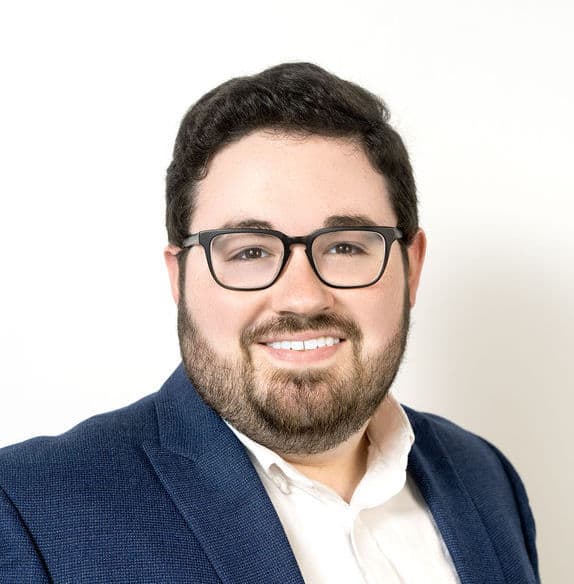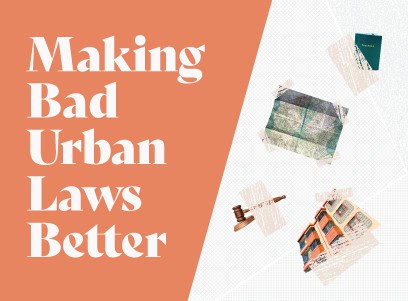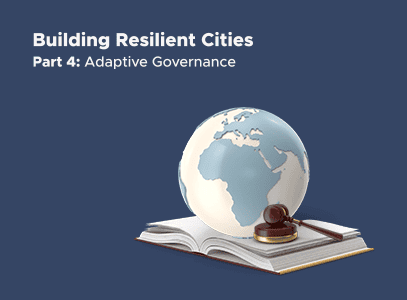The Dubai International Financial Centre (DIFC) was created in 2004 as a special economic zone and financial hub for the Middle East, Africa, and South Asia. The goal was to attract firms to locate and invest in Dubai with favorable tax code, a business-friendly environment, and its own Dubai International Financial Centre common law courts. The use of common law courts is important, as English common law dominates in international contracting and common law systems are associated with stronger investor protection and contract enforcement. By adopting English common law, the DIFC Courts became one of the world’s most respected commercial courts in just two decades. In 1998, the government of Dubai decided that it wanted to establish the city as one of the world’s top financial hubs. Seven years later, the DIFC Courts began hearing cases for entities registered within the DIFC. Within fifteen years, Dubai would become one of the top ten financial centers in the world, partially due to its judicial system.
When setting up the Dubai International Financial Centre Courts, the government of Dubai was committed to developing a world-class institution with legitimacy both at home and abroad. International legitimacy would facilitate both investments in the emirate through the DIFC as well as recognition of DIFC Court’s judgments by foreign courts. At the same time, it was understood that buy-in from local stakeholders—like the existing courts in Dubai—would be needed for the DIFC Courts to have any real enforcement power. Undergirding this effort was a culture of excellence— that individuals with sterling reputations, world-class expertise in their professions, and a resolute dedication to the long-term success of the Courts would be selected to fill key positions.
Dubai’s approach to institution building focused heavily on developing international legitimacy, securing stakeholder buy-in, and recruiting high-quality personnel. It was recognized that establishing an international financial center in a country where the dominant language is Arabic and not English and where the culture is unfamiliar to most Westerners would be difficult. There were also doubts about the capabilities of the legal system to handle complex international transactions. Dubai’s radical solution to overcome these challenges? Effectively copy British common law commercial courts.
This set up a scenario in which the UAE at large would have a legal system largely based on civil and Islamic law running parallel to a court structure in Dubai based on an entirely Western set of operating principles. To make Dubai an attractive and accessible hub for international business, it was decided that all DIFC Court proceedings would be conducted in English, according to Western common law and legal principles, and be led by internationally respected judges from around the world.
English lawyers were hired to finalize the DIFC Courts rules. The technological infrastructure was also developed to allow for lawyers, parties, and judges to participate in proceedings virtually if needed to make the courts more accessible and available on short notice.
The first DIFC Courts judges set a very high bar for future hiring: the first two hires were English commercial barrister, Queen’s Counsel, and High Court and Court of Appeals judge Sir Anthony Evans and Singaporean commercial barrister and arbitrator, law professor, Senior Counsel, and Judicial Commissioner of the Singaporean Supreme Court Dr. Michael Hwang. Evans and Hwang were the only judges to hear cases in the two main DIFC Courts, the Court of First Instance and the Court of Appeal, from 2005 to 2008, as part of an effort by the government of Dubai to demonstrate its commitment to judicial independence, the separation of powers, and furthering international recognition. Widely respected lawyer Mark Beer was appointed in 2008 as the Court’s full-time, Dubai-based Registrar to be a global ambassador for the Courts to further build legitimacy.
The success of the DIFC Courts was dependent not only on international support, but domestic buy-in as well. DIFC Courts officials developed close ties with the local Dubai courts to generate a common understanding that the DIFC Courts were a complimentary institution and that the success of the DIFC project would be essential for the long-run economic growth of Dubai. DIFC officials also built relationships with Dubai’s Legal Affairs Department, which represents the government in lawsuits and oversees the legal profession in Dubai. Well-qualified Emirati court staffers were hired to further establish domestic support and when more judges were hired in 2008, two were Emiratis (along with a Malaysian judge, the first female judge in the UAE).
Much was invested in setting up the DIFC Courts for success, and effective execution would follow. Over 600 cases were heard from 2005 to 2014, 92 percent of which were settled pre-trial. The Small Claims Tribunal, set up to handle cases concerning monetary values under approximately $136,000, also proved effective. Courts staffers could sit as tribunal adjudicators instead of pulling judges away from bigger cases, and 90 percent of these cases were settled within four weeks.
As the Courts matured, it was forced to engage in constant negotiation with stakeholders over what powers the Courts possessed and in what jurisdiction those powers could be applied. In the early years of the Courts (2005-2011), the judges followed a strict adherence to their mandate and domain, only dealing in cases where there was a specific connection to the DIFC. Starting in 2011, the Courts began taking on a more expansive role. Parties in dispute anywhere in the world could now opt-in to the DIFC Courts system for resolution. Local courts within Dubai and the rest of the UAE were also now obliged to carry out DIFC orders, erasing confusion about DIFC rulings having standing outside of the DIFC and Dubai but within the UAE. This guaranteed that judgments reached by the DIFC Courts for cases based within the UAE would be enforced by the local courts against the losing party, and that DIFC Court rulings could be enforced under international treaties the UAE was party to. Foreign arbitration awards were enforced in the DIFC Courts, and then could be executed through the Dubai courts. At the same time, DIFC Courts rulings were being enforced abroad, a demonstration that the Courts were legitimate and respectable by their foreign counterparts.
In 2015, the DIFC Courts began to pull back towards the stricter jurisdictional approach it took before 2011, sensing some resistance in the from local Dubai courts that felt as though their jurisdiction was being encroached. In 2016 a Judicial Tribunal was established to resolve jurisdictional conflicts between the DIFC and local Dubai Courts. While this reaction to the expanding role of the DIFC Courts has been worrying to the institution’s supporters, it appears to be the case that this round of stakeholder negotiation was far from existential and that the Courts will carry on, albeit with a less expansionist view of its jurisdiction.
The recent challenge to Dubai International Financial Centre Courts shows the importance of building resilience within an institution such that it can weather threats without collapsing. Had the Courts not relentlessly focused on strengthening their reputation with stakeholders at home and abroad in the early years, it seems possible that the challenges levied against it may have been stronger and more likely to result in a severely diminished role or even termination.
There are two key lessons in institution building from the first 15 years of the DIFC Courts. The first is that stakeholder buy-in, reputational effects, and a high-quality personnel matter. The government of Dubai acted with intention when establishing the DIFC Courts— local courts and domestic legal institutions were convinced to support the experiment, judgments were made that earned the respect of foreign courts, lawyers, and petitioners, and the most qualified judges and staffers were hired to further build a reputation and ensure operational excellence. Without such carefully laid groundwork, the DIFC Courts may never have taken off, certainly not to the extent that they did.
The second lesson in institution building is to prepare insulation from major challenges. New institutions necessarily create tensions with existing institutions and those existing institutions will not remain passive forever in the presence of a competitor. It is unclear exactly how the DIFC Courts could have expanded their perceived jurisdiction without stepping on the local Dubai courts’ toes, but so far it seems to have withstood the initial reaction to their growing influence. Dubai remains a top global financial hub and the DIFC Courts are still considered a best-in-class institution.
This article has been republished by the Charter Cities Institute, the original article can be found here.







